The NSEASI has posted a ytd gain of 30.9% and a huge turnaround from the low point of the year of -23.0% on 06 April, when shippers of the US benchmark crude WTI had to pay to be rid of their cargoes. Conventional theories fail to explain this remarkable transformation. Growth disappoints, and has not been positive on a per head basis since 2015. Private consumption, which accounts for more than 70% of GDP, therefore disappoints, too. The rallying cry of Africa rising and Thabo Mbeki’s African Renaissance belong to recent history. Bold economic reforms can also drive markets but Nigeria has not shone in this respect. Fuel subsidies have been shelved but only because the assault of Covid-19 on public finances left no alternative.
The discovery of vaccines for the virus has given a small boost to the NSEASI for the perceived lift for the crude price. Increases in road and air transport, and in industrial capacity utilization all boost demand for crude, and bring us closer to the global consumption of 100.0mbpd that prevailed in Q4’19 before the emergence of the virus.
Beyond oil producers such as Nigeria, the news of the vaccines is less of a headline. The director of the Addis-based Africa centres for disease control and prevention said on Friday that Africa aimed to vaccinate 60% of its population within two to three years. The incidence of infection and fatalities has been relatively low across the continent (other than South Africa) but a slow programme of vaccination has a bearing on travel and tourism.
The transformation on the NSEASI has been driven by changes in asset allocation. Headline inflation has risen above 14.0% y/y, yields on NTBs are less than 1% and the FGN bond maturing in Mar’50 yields less than 7%.
The macro story is uninspiring but domestic institutions will cast their eye over selected equities, notably those with a good record for dividend payments such as the tier-one banks.
Kenya has better growth and reform prospects than Nigeria but a mounting burden of public external indebtedness that has driven its government into negotiations for an IMF credit and to consider seeking “comparable treatment” from its bondholders within G20’s debt service suspension initiative.
The African bourse of choice for frontier market investors remains Kenya, and further afield they favour Vietnam and Bangladesh.
Performance of three SSA market indices, 2020 (% chg ytd; local currency units)




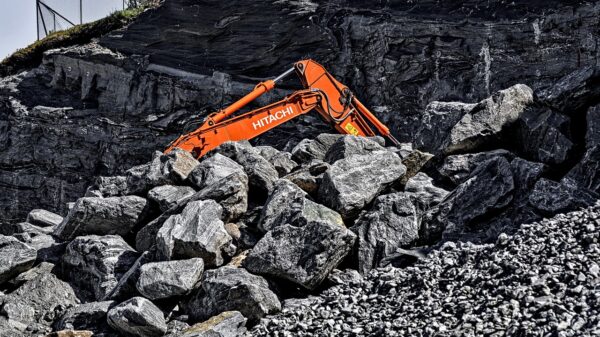

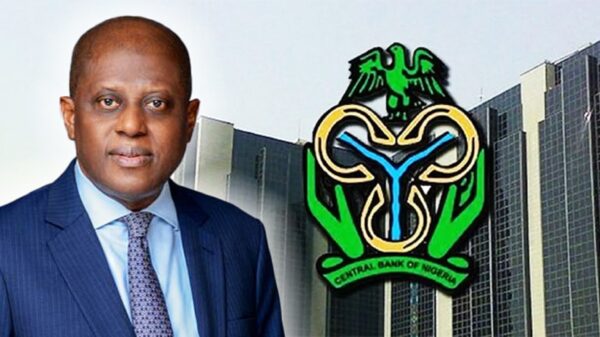






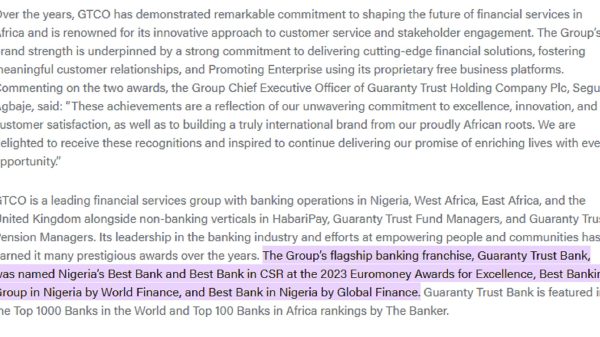



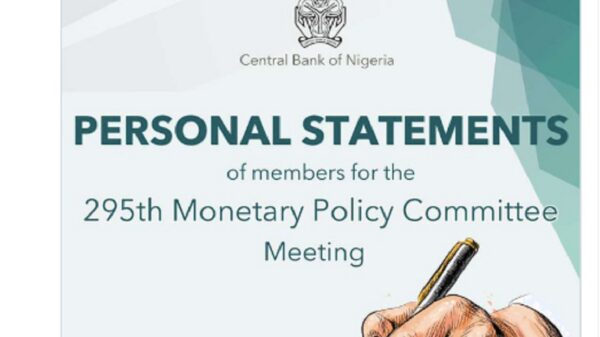
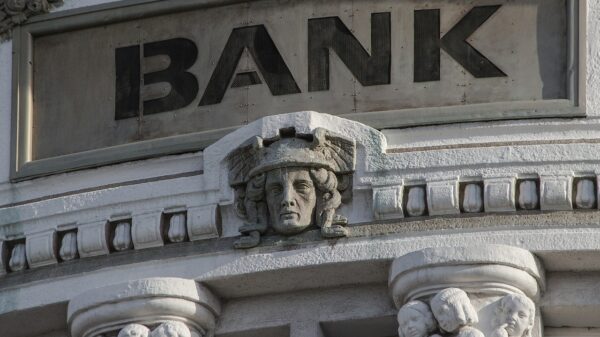
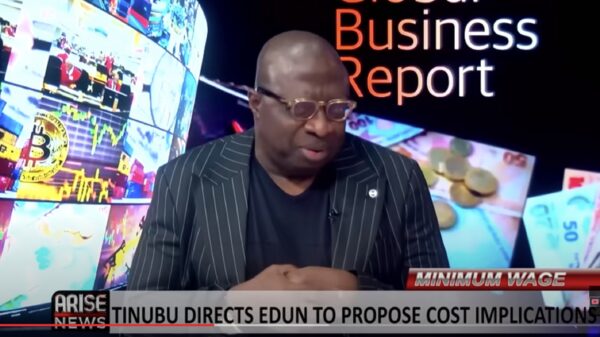

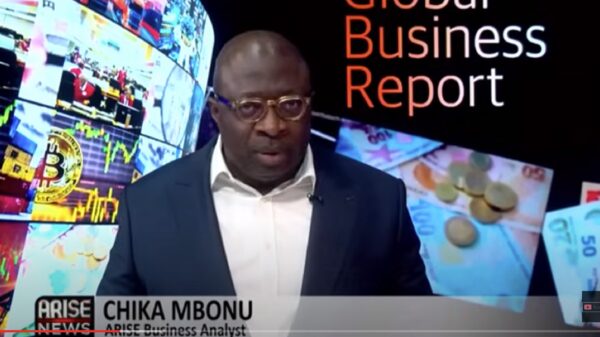
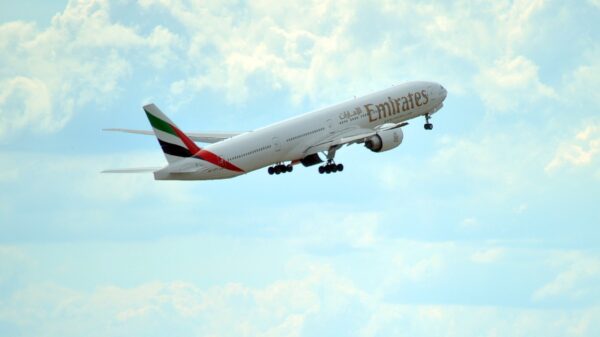



























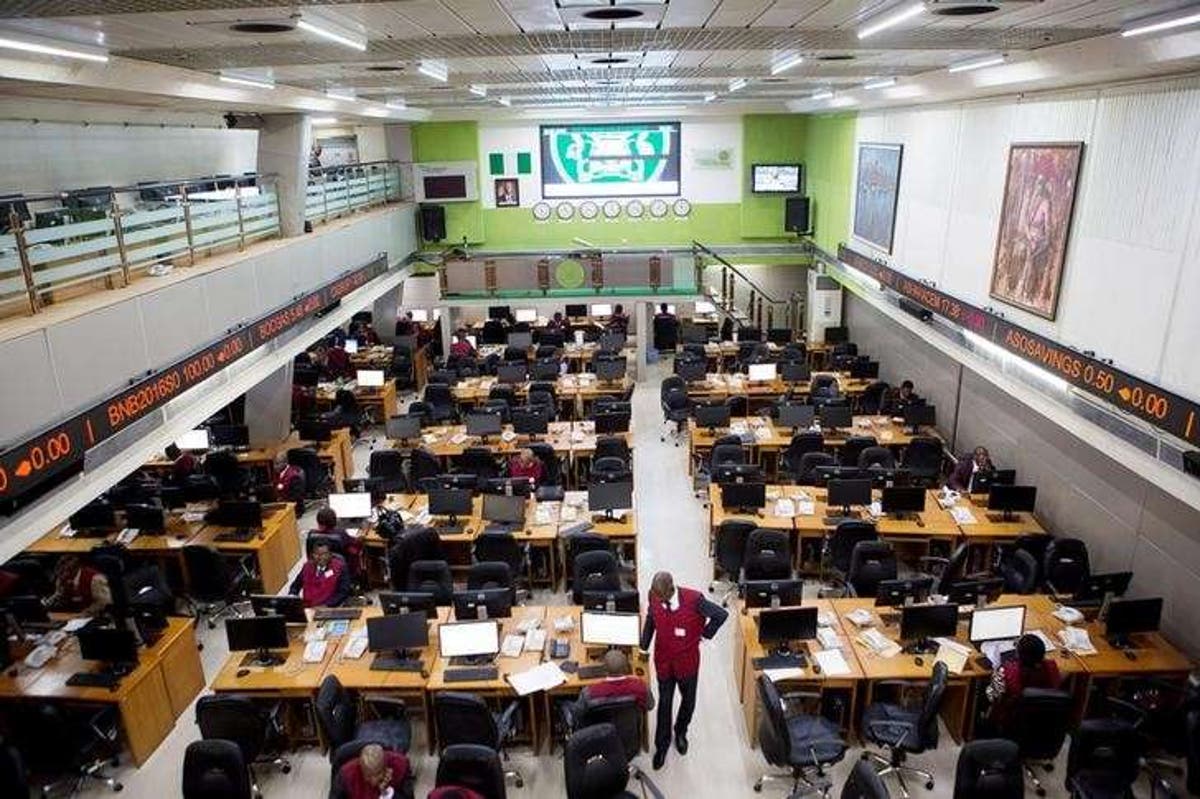
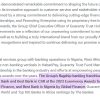



You must be logged in to post a comment Login